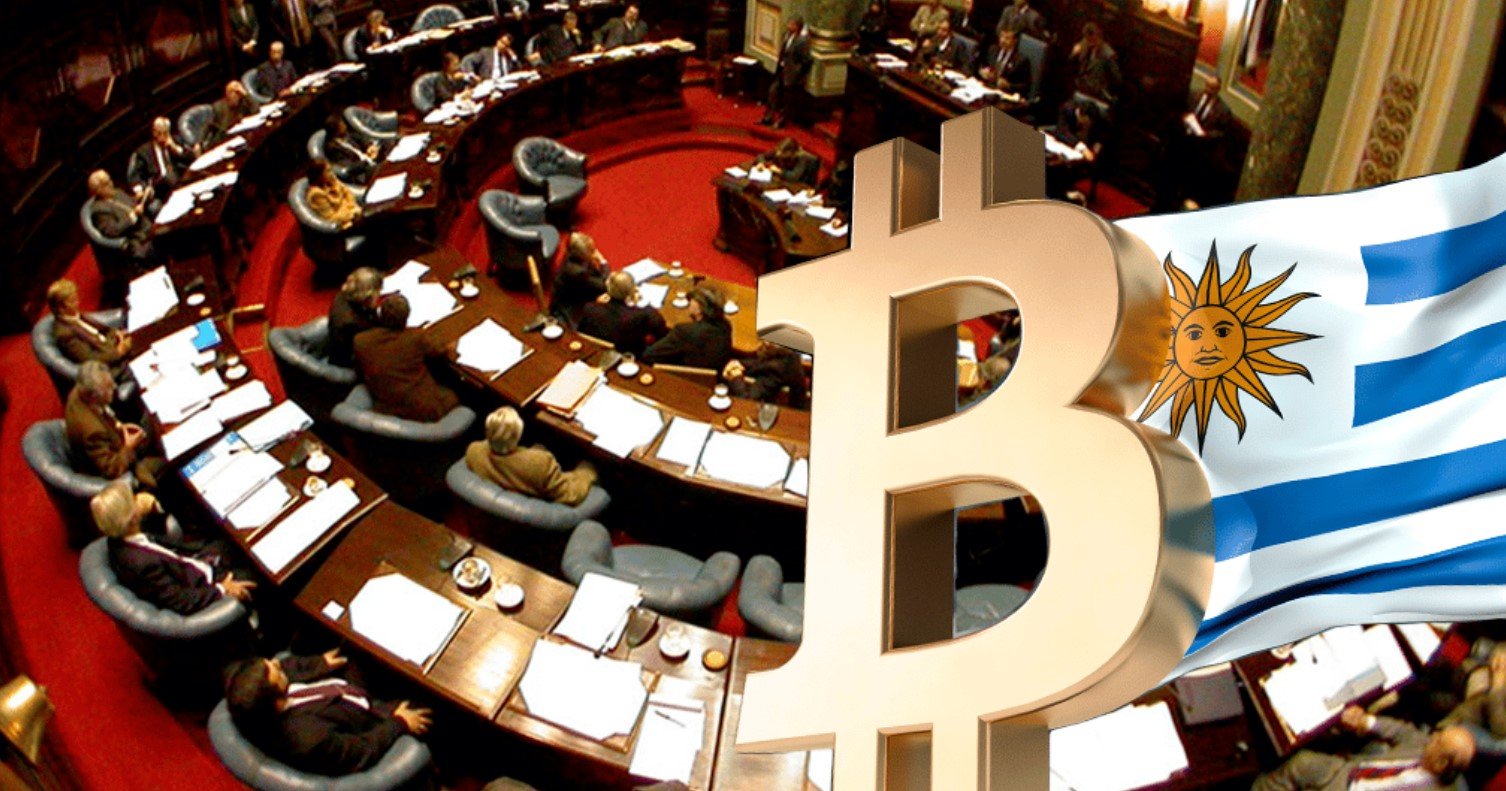Uruguay has taken a significant step in the regulation of cryptocurrencies, positioning itself as a leader in Latin America. The new law, signed by President Luis Lacalle Pou, grants the Central Bank of Uruguay supervisory and regulatory powers over the crypto sector. This move is expected to bring clarity and stability to the market, fostering growth and innovation within the industry.
A New Era of Crypto Regulation in Uruguay
The recent legislation marks a pivotal moment for Uruguay’s financial landscape. By empowering the Central Bank with regulatory authority, the country aims to create a secure environment for crypto transactions. This law introduces a registry system for crypto service providers, ensuring that only compliant firms can operate. The regulation also mandates adherence to anti-money laundering and counter-terrorism financing protocols, which are crucial for maintaining the integrity of the financial system.

Industry leaders have lauded this development, highlighting its potential to attract international investments. The Uruguayan Fintech Chamber (CUF) has called the law a significant milestone, emphasizing its role in providing a robust framework for the burgeoning crypto market. However, there are calls for more detailed guidelines on how the Central Bank will implement these regulations, reflecting a cautious optimism within the industry.
Implications for the Crypto Market
The introduction of this law is expected to have far-reaching implications for the crypto market in Uruguay. By establishing clear legal definitions and regulatory requirements, the government aims to foster a transparent and trustworthy environment for crypto activities. This move is likely to boost investor confidence and encourage the entry of new players into the market.
Moreover, the law’s emphasis on compliance and security is anticipated to enhance the overall credibility of the crypto sector. Firms operating in Uruguay will now be required to meet stringent criteria, including robust anti-money laundering measures. This is expected to deter illicit activities and promote a safer trading environment. The regulatory clarity provided by this law could also pave the way for innovative financial products and services, further driving the growth of the crypto industry in Uruguay.
Challenges and Future Prospects
Despite the positive reception, the new law also presents certain challenges. The Central Bank’s role in overseeing the crypto sector will require significant resources and expertise. There is a need for continuous dialogue between regulators and industry stakeholders to ensure effective implementation of the law. Additionally, the evolving nature of the crypto market necessitates adaptive regulatory frameworks that can keep pace with technological advancements.
Looking ahead, Uruguay’s proactive approach to crypto regulation sets a precedent for other countries in the region. By establishing a comprehensive legal framework, Uruguay is positioning itself as a hub for crypto innovation and investment. The success of this regulatory model will depend on the collaborative efforts of the government, industry, and financial institutions. As the crypto landscape continues to evolve, Uruguay’s experience could offer valuable insights for shaping future regulatory policies in Latin America.




































